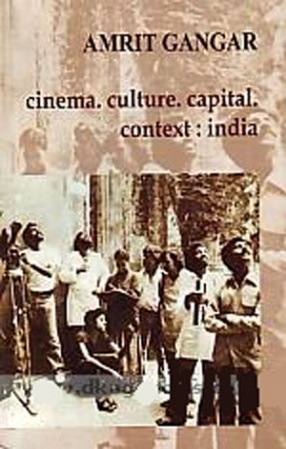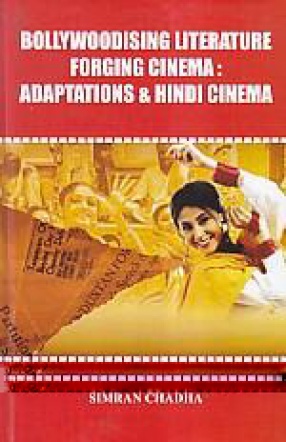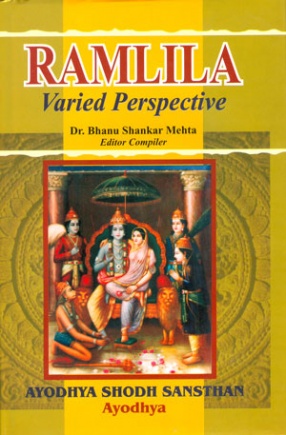This book examines and reflects upon a wide range of issues relating to Indian cinema, including the filmosophical ones that have never been touched upon before. Philosophizing cinematography engaged our attention during the 1980s largely with Gilles Deleuze, but for a long time he was not much known or talked about in India. One of the essays in this book explores the possibilities of integrating a unique Jaina principle of ‘multiple reality’ with film studies, and that might further open the doors towards much stronger discipline in this realm. Cinema of Prayoga was a new concept that the author had developed to broaden and deepen the Euro-American centric Experimental Film, the term that needed to be more inclusive and expansive.
Within this context, the book discusses some young Indian prayoga filmmakers, resolutely extending the contours of cinematography in India, besides some old masters, who have so intrepidly lived with their engagements, while battling the whimsical but brutal market forces. The book suggests that Indian cinema is not as monolithic as it seems to be. Along with such thoughts, the book includes essays that deal with the aesthetics of generically popular Bollywood cinema, and how it employs the hardcore capital for its production.
There are essays that also examine the art of Bollywood billboard painting very closely, along with some urgent archival issues. The book will appeal to students and scholars of film and cultural studies as well as the general reader interested in reflecting upon the Indian cinema differently.





There are no reviews yet.